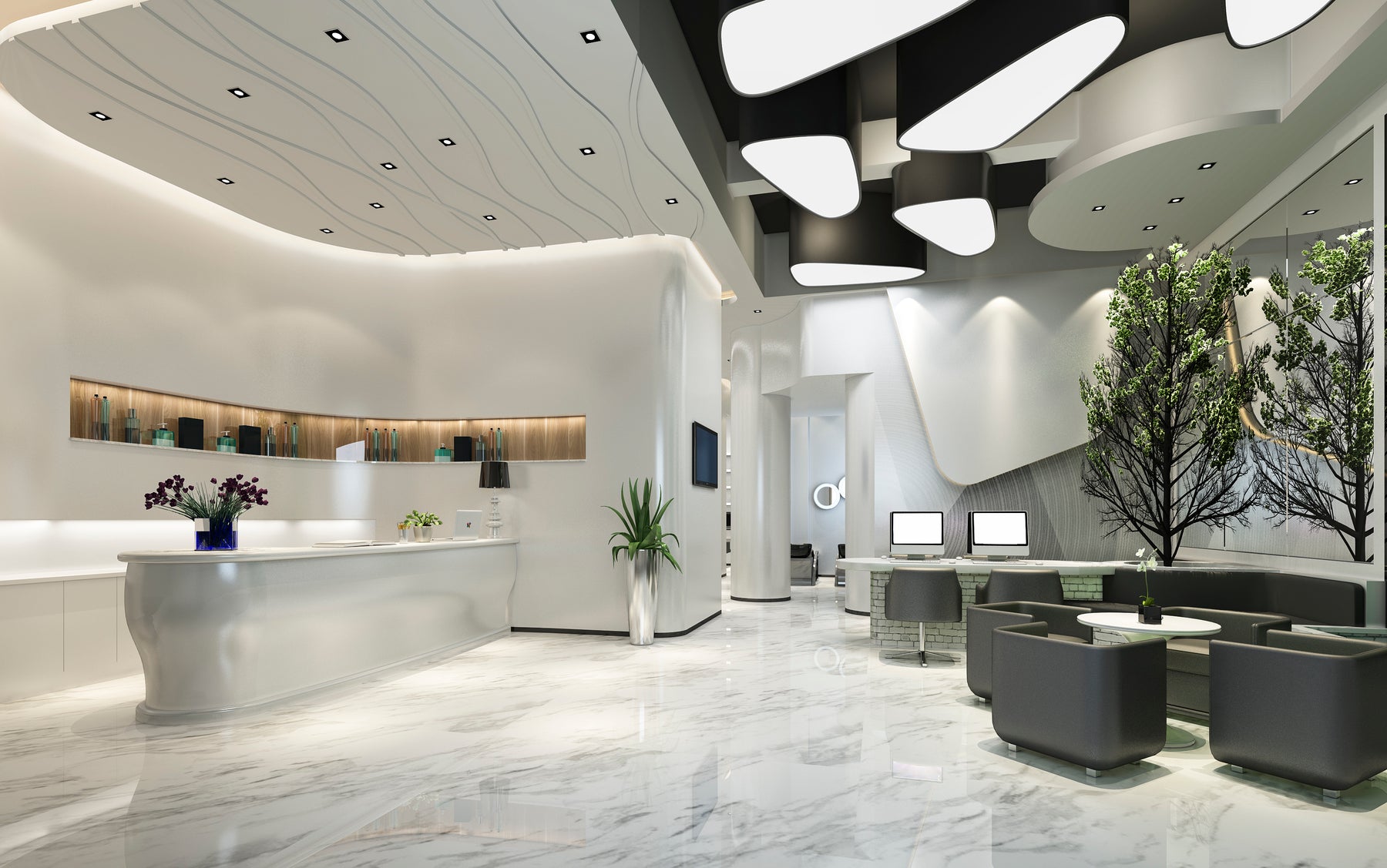
Illuminating Hospitality: The Role of Lighting in the Hotel Industry
Introduction: In the realm of hospitality, every detail is crucial in creating an unforgettable experience for guests. One of the most critical yet often underestimated aspects is lighting. This article explores the significant impact lighting has in hospitality, from enhancing aesthetics to influencing guest well-being.
Chapter 1: The First Impression - Lighting in Reception and Common Areas
A guest's journey begins in the reception. Warm and welcoming lighting in the lobby can create a memorable first impression, inviting guests to relax and enjoy their stay. Common areas, like corridors, need to be well-lit for safety, but with a design that complements the overall aesthetic of the hotel.
Chapter 2: Lighting in Rooms and Suites - Creating a Sanctuary
Lighting in guest rooms and suites is essential in providing comfort. A mix of functional and ambient lighting allows guests to customize their environment to suit their needs, whether for reading, relaxing, or working. Proper lighting can transform a room into a haven of peace and relaxation.
Chapter 3: Lighting in Dining Areas and Bars - Enhancing the Culinary Experience
Hotel restaurants and bars greatly benefit from well-planned lighting. Light can be used to create moods, from romantic and intimate to vibrant and energetic, enhancing the culinary experience and encouraging guests to spend more time enjoying the hotel’s amenities.
Chapter 4: Outdoor Lighting - Enhancing Architecture and Safety
Exterior lighting not only enhances a hotel's architectural aesthetics but is also crucial for guest safety. Thoughtfully designed lighting can highlight the building’s features and create an inviting ambiance, while ensuring outdoor areas are well-lit for nighttime safety.
Chapter 5: Sustainability and Technology in Hotel Lighting
Modern hotels are embracing sustainable lighting technologies such as LEDs, which not only reduce energy consumption but also offer greater flexibility in lighting design. Smart and automated systems allow more efficient control of lighting, enhancing guest experience while minimizing environmental impact.
Conclusion: Light is much more than a functional aspect in hospitality; it is a vital element that can significantly enhance a guest's experience. Careful and thoughtful lighting design is essential in creating attractive, comfortable, and safe environments, contributing to the overall success of any hotel establishment.
